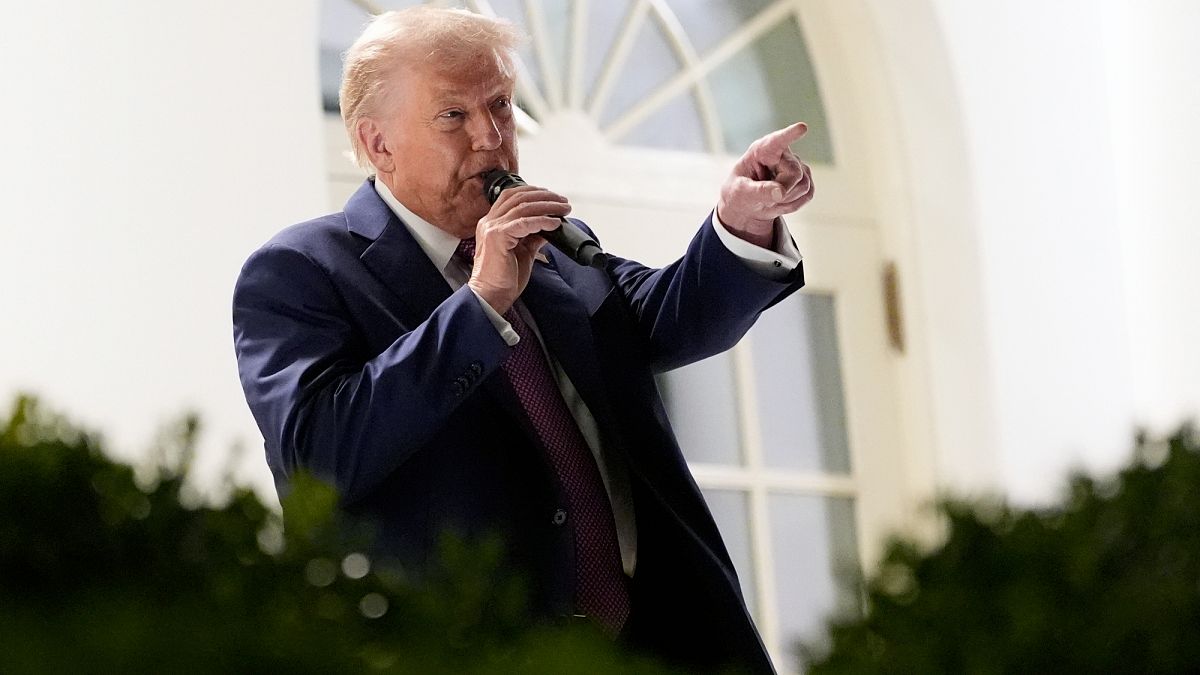

In a rapidly evolving global landscape, recent developments in economic policies and political relations offer various perspectives on the interconnected nature of international commerce and governance. As markets and governments respond to new challenges, the focus remains on ensuring stability and fostering resilience.
In the realm of trade and the digital economy, former President Donald Trump has responded to a recent decision by the European Commission to impose a €2.95 billion antitrust fine on Google. The decision was based on what EU regulators described as practices that violated competition laws. Trump, expressing concern over the fairness of this decision, referred to the fine as “unfair” and “discriminatory.” In a post on Truth Social, he announced plans to discuss the situation with European Union representatives, potentially sparking further dialogue between the United States and the EU regarding digital economy regulations.
Meanwhile, financial stability was a focal point in North America as Wall Street experienced a momentary setback following the release of a US jobs report. Contrary to earlier optimism, the data reflected slower-than-expected job growth, which has led to speculation that the Federal Reserve might consider reducing key interest rates in its upcoming meeting this September. Such measures highlight the ongoing balancing act faced by central banks aiming to support economic growth while monitoring inflationary pressures.
In Europe, the Spanish banking sector is witnessing a significant shift with Banco Bilbao Vizcaya Argentaria (BBVA) receiving approval to acquire Banco Sabadell. This merger endeavors to streamline operations and bolster financial robustness amidst a competitive market landscape. The consolidation aims to enhance the capacity of Spanish financial institutions to navigate the complexities of a globalized economy.
Up north, Canada is taking measured steps amidst shifting economic conditions. Mark Carney, renowned for his former roles as a central banker and now a key figure in Canadian politics, has signaled potential austerity measures as the government strives to balance defense spending with economic prudence. With ongoing trade tensions with the United States, Ottawa is preparing to adopt protectionist measures and has launched a C$1 billion relief fund to mitigate the impact of tariffs.
Carney’s recent discussions with senior ministers foreshadow the possible tightening of fiscal policies, aiming to align Canada’s budgetary spending with its economic realities. This approach is part of a broader strategy to ensure that governmental financial strategies remain robust, even in the face of economic and international uncertainties.
As these diverse developments unfold, they emphasize the intricate web of relations that define modern economic and political interactions. While challenges persist, these measures and responses reflect a commitment to maintaining stability, transparency, and ongoing dialogue. By addressing each situation with mindful engagement and strategic foresight, international leaders continue to prioritize the well-being of their respective economies and communities.
Source: {link}
